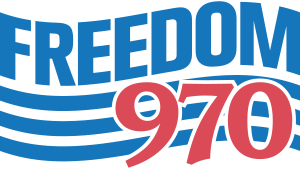Changes To Measure 110, Headed To House Floor

Salem, Ore. — Oregon lawmakers convened for a work session on Tuesday to vote on the progression of House Bill 4002, ushering it out of committee and onto the house floor. The bill, if enacted, would reintroduce criminal penalties for possession of small amounts of illicit drugs.
During a public hearing on Monday evening, which extended for over four hours, numerous individuals provided testimony, while hundreds more submitted their opinions online.
An extensive 137-page amendment was disclosed on Friday, refining the bill’s scope to encompass penalties for drug possession as a new misdemeanor offense, carrying potential sentences of up to 180 days in jail. This duration exceeded the initial 30-day period proposed by Democrats. Notably, Republicans and certain law enforcement entities advocated for penalties of up to a year.
Under the amended bill, law enforcement and district attorneys would be encouraged to direct individuals towards deflection programs or alternative forms of punishment. However, participation in these programs would not be mandated.
Class E violations, as established by Measure 110, would transition into unclassified drug enforcement misdemeanors effective September 1st. Offenders would initially undergo 18 months of probation, with probation violations resulting in a 30-day jail term. In cases of probation revocation, individuals could opt for treatment or face a 180-day sentence.
Furthermore, those charged with a drug enforcement misdemeanor could opt for a direct 180-day sentence. Records could be expunged upon fulfilling deflection program requirements, two years following a citation without convictions, after successful probation, or three years post-conviction.
Additionally, the amendment incorporated provisions from House Bill 4120 to allocate funding for the expansion of medication provisions for opioid use disorders within correctional facilities.
Notably, certain aspects remained unchanged by the amendment, including the definition of drug delivery charges, enhancements for dealers operating in close proximity to treatment facilities, homeless shelters, and public parks, as well as an extension of welfare holds from 48 to 72 hours.
You Might Also Like



